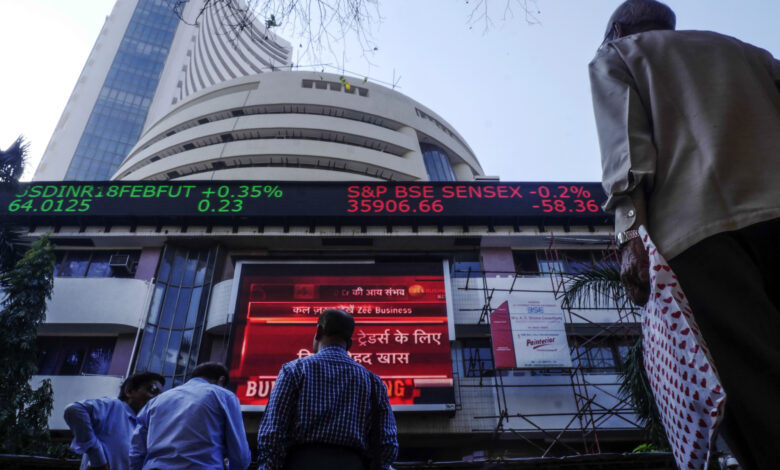Global money has started tiptoeing back into Indian equities

FOREIGNERS have started trimming their underweight stance on Indian stocks as signs emerge that Prime Minister Narendra Modi will continue to pursue reforms even with the new coalition government.
Overseas investors purchased stocks worth a total of US$985.5 million on Friday (Jun 7) and Monday, according to data compiled by Bloomberg. That helped India’s equity benchmark recoup election-related losses and reach a record earlier this week. Their return signals that they may be getting comfortable with valuations in the nation’s nearly US$5 trillion equity market.
“Modi will not squander the structural progress made over the past eight years, and he can also afford a good phase of populism,” Gary Dugan, chief investment officer of the Global CIO Office wrote in a note.
“We expect the Indian stock market to remain resilient despite its stretched valuation.”
After Modi’s Bharatiya Janata Party garnered fewer seats than expected in the election, India’s stocks suffered their worst day in more than four years. But shares rebounded as Modi formed a government with allied parties, keeping him in power for a third term.
About US$1.2 billion flowed into the country’s stocks through exchange-traded funds and mutual funds in the week ended June five – the day Modi secured the coalition – according to a note from Bank of America citing EPFR Global data. US-listed ETFs such as iShares MSCI India ETF and the WisdomTree India Earnings Fund are among those attracting money.
GET BT IN YOUR INBOX DAILY

Start and end each day with the latest news stories and analyses delivered straight to your inbox.
What’s more, Modi has been able to keep most of his closest advisers in key leadership posts like finance, commerce and external affairs. That indicates the BJP remains firmly in control of the new coalition government, encouraging investors who were attracted to India by the prospect of Modi’s policy continuity, fiscal reforms and planned spending in areas like infrastructure.
Still, the trend of overseas outflows hasn’t completely reversed. Provisional figures show foreigners sold US$13.3 million of stocks in Tuesday’s session – and they remain net sellers of more than US$5 billion this quarter, putting them on course for the biggest quarterly withdrawal in two years.
Meanwhile, BlackRock on Wednesday launched the iShares Nifty 50 Indian Equity ETF fund on the Tokyo Stock Exchange to tap the growing demand for Indian equities in Japan.
India continues to exhibit “strong economic growth,” backed by mega forces such as digitalization and younger population, Dohei Echizenya, director of BlackRock’s Japan client business department, said in an interview. History shows that Indian equities have almost always delivered positive returns in the six months after an election, he added. BLOOMBERG

